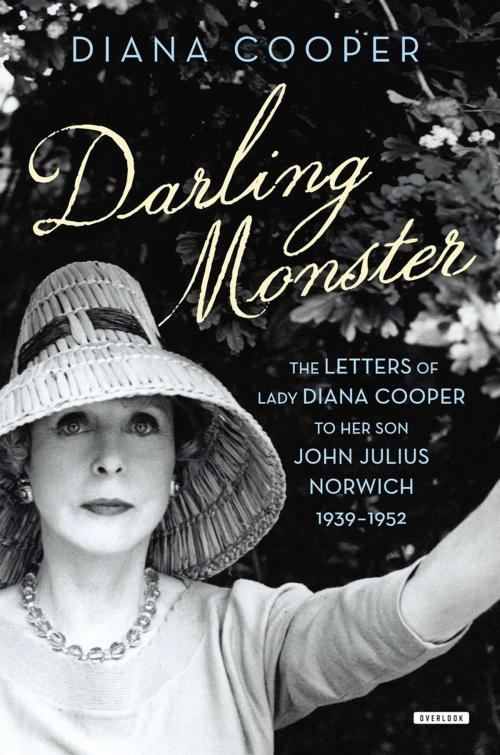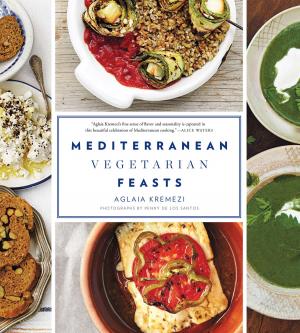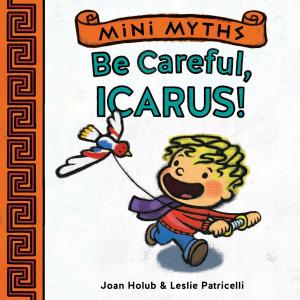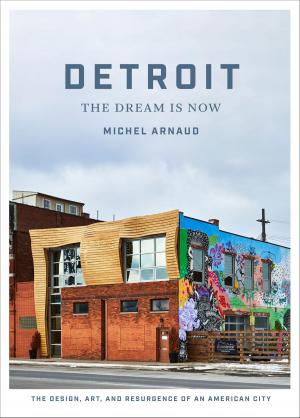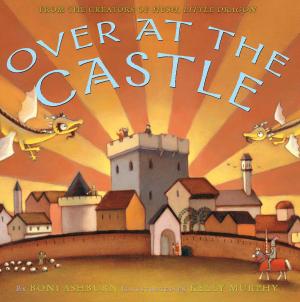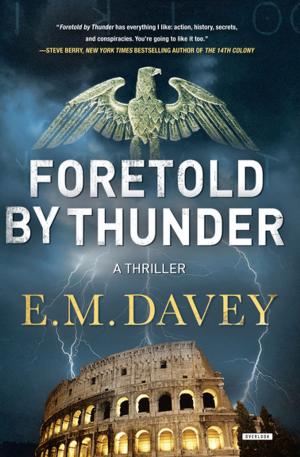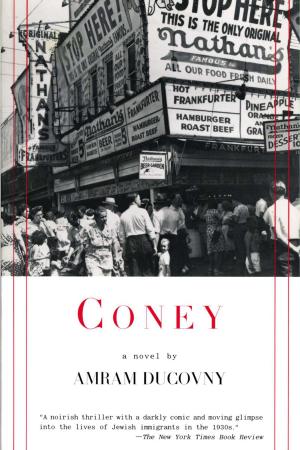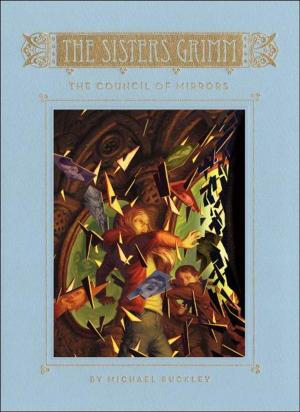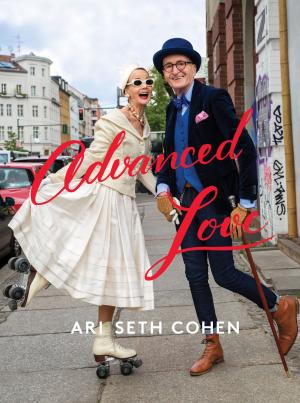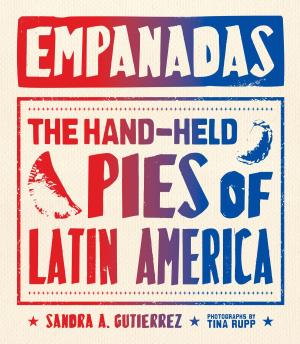Darling Monster
The Letters of Lady Diana Cooper to Son John Julius Norwich, 1939-1952
Fiction & Literature, Essays & Letters, Anthologies, Literary Theory & Criticism| Author: | Diana Cooper | ISBN: | 9781468311136 |
| Publisher: | ABRAMS | Publication: | August 14, 2014 |
| Imprint: | Abrams Press | Language: | English |
| Author: | Diana Cooper |
| ISBN: | 9781468311136 |
| Publisher: | ABRAMS |
| Publication: | August 14, 2014 |
| Imprint: | Abrams Press |
| Language: | English |
Lady Diana Cooper was an aristocrat, a socialite, an actress of stage and early screen. When she married rising political star Duff Cooper, they became the golden couple who knew everyone who was anyone; they sat at the very heart of British public life. Diana’s letters to her only son, John Julius Norwich, cover the period 1939 to 1952. They take us from the rumblings of war, through the Blitz, which the Coopers spent holed up in the Dorchester (because it was newer, and therefore less vulnerable, than the Ritz), to rural Sussex where we see Diana blissfully setting up a smallholding as part of the war effort. After a spell with the Free French in Algiers, Duff was appointed British Ambassador to France and the couple settled into the glorious embassy in post-Liberation Paris. Over and beyond all the glitz, Diana emerges in these letters as highly intelligent, funny, fiercely loyal: a woman who disliked extravagance, who was often cripplingly shy, who was happiest in the countryside with her cow and goats and whose greatest love and preoccupation were her husband and son. As a portrait of a time and some of history’s most dramatic and important events, these letters are invaluable. But they also give us a vivid and touching portrait of the love between a mother and son, separated by war, oceans—and the constraints of the time they lived in.
Lady Diana Cooper was an aristocrat, a socialite, an actress of stage and early screen. When she married rising political star Duff Cooper, they became the golden couple who knew everyone who was anyone; they sat at the very heart of British public life. Diana’s letters to her only son, John Julius Norwich, cover the period 1939 to 1952. They take us from the rumblings of war, through the Blitz, which the Coopers spent holed up in the Dorchester (because it was newer, and therefore less vulnerable, than the Ritz), to rural Sussex where we see Diana blissfully setting up a smallholding as part of the war effort. After a spell with the Free French in Algiers, Duff was appointed British Ambassador to France and the couple settled into the glorious embassy in post-Liberation Paris. Over and beyond all the glitz, Diana emerges in these letters as highly intelligent, funny, fiercely loyal: a woman who disliked extravagance, who was often cripplingly shy, who was happiest in the countryside with her cow and goats and whose greatest love and preoccupation were her husband and son. As a portrait of a time and some of history’s most dramatic and important events, these letters are invaluable. But they also give us a vivid and touching portrait of the love between a mother and son, separated by war, oceans—and the constraints of the time they lived in.
